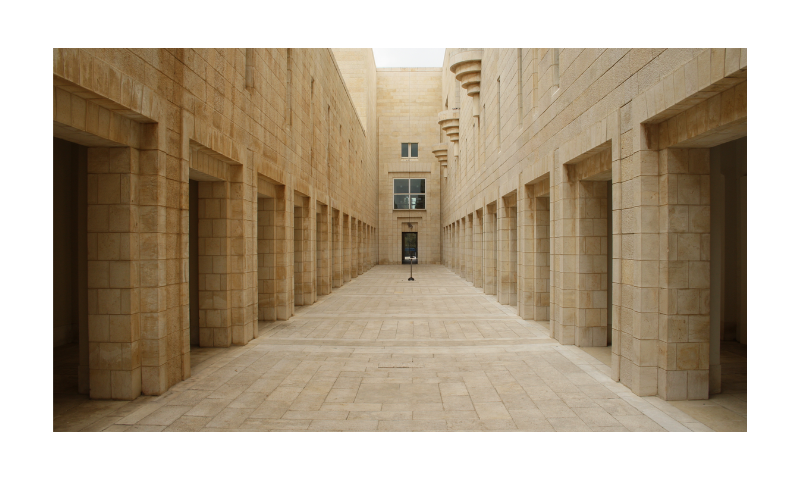Shayndi Raice
WSJ, July 26, 2023
“Legal scholars say petitioners would have to prove several things in order for the court to strike down the law. Opponents would have to prove that the law undermines the core values of Israel as a Jewish and democratic state. They could also try to prove that there were flaws in the legislative process.”
Israel’s Supreme Court said Wednesday that it would hear a petition challenging the constitutionality of a judicial overhaul law enacted earlier this week, setting up a possible showdown between the court and the government.
The court, however, didn’t issue an immediate injunction, as petitioners had requested.
Nongovernmental organizations and others filed petitions asking Israel’s highest court to overturn the law, which is akin to a constitutional amendment that does away with the court’s power to strike down government decisions it determines are extremely unreasonable. Rejecting such a quasi-constitutional law is something the Supreme Court has never done, but is now under public pressure to do.
The court set a preliminary hearing, which will be heard by one justice, for September. The court can then decide to bring the case before an extended panel that could include as many as 11 justices.
The court’s decision to set a hearing doesn’t mean it will strike down the law—the question currently electrifying the country. Such a scenario would pit the government against the court and could lead to a full-blown constitutional crisis if the government were to ignore a court ruling.
The court’s decision to set the hearing so quickly means “they understand the urgency,” said Yaniv Roznai, a law professor at Reichman University in the Israeli city of Herzliya.
Israel’s doctors went on strike on Tuesday and authorities forcibly removed protesters from roadways during a night of unrest over a judicial overhaul carried out by Prime Minister Benjamin Netanyahu’s government.
… [To read the full article, click here]


